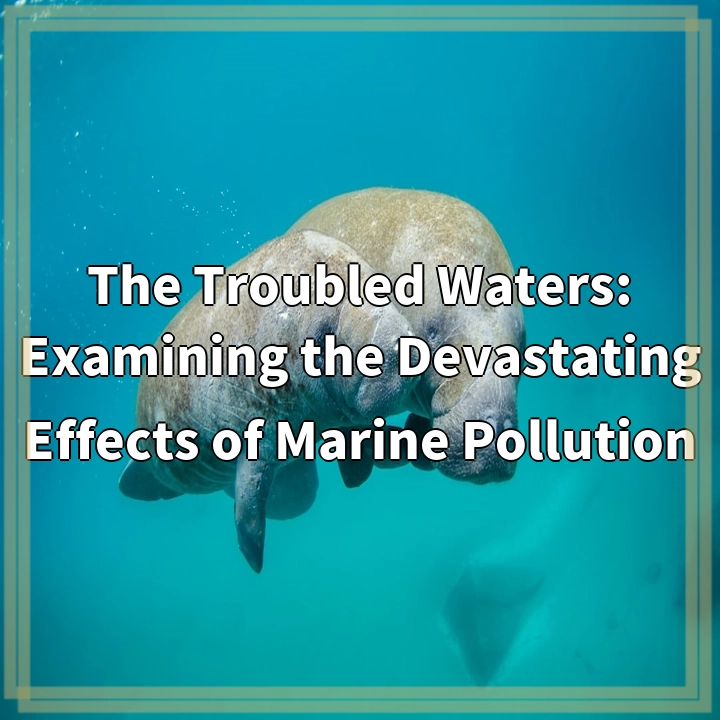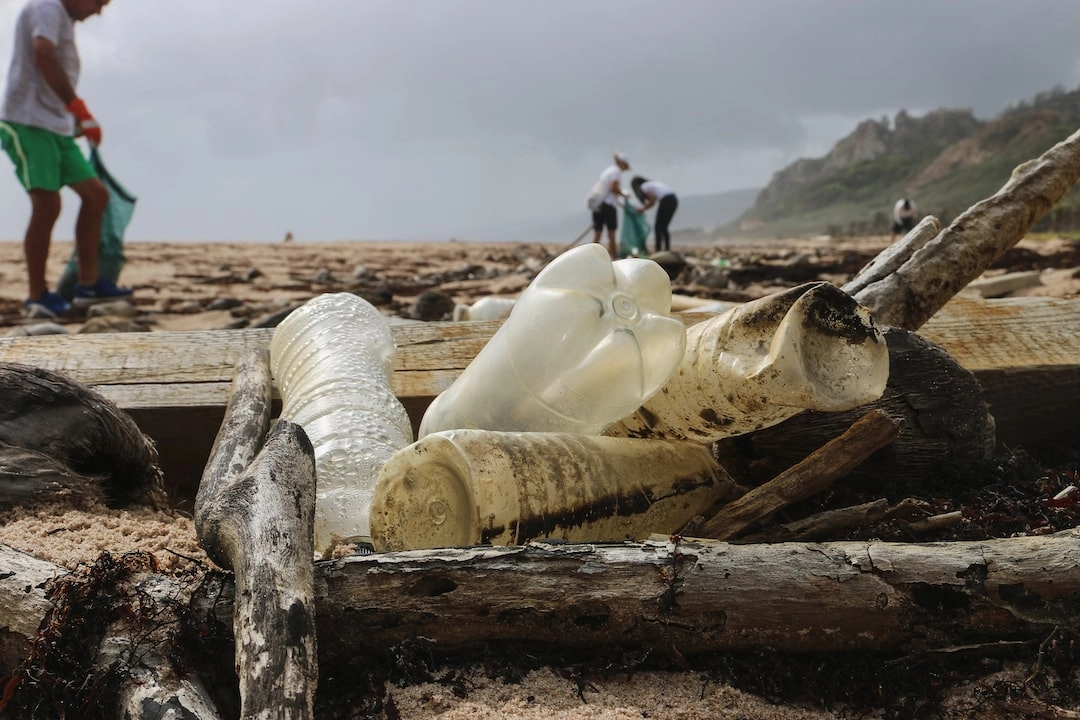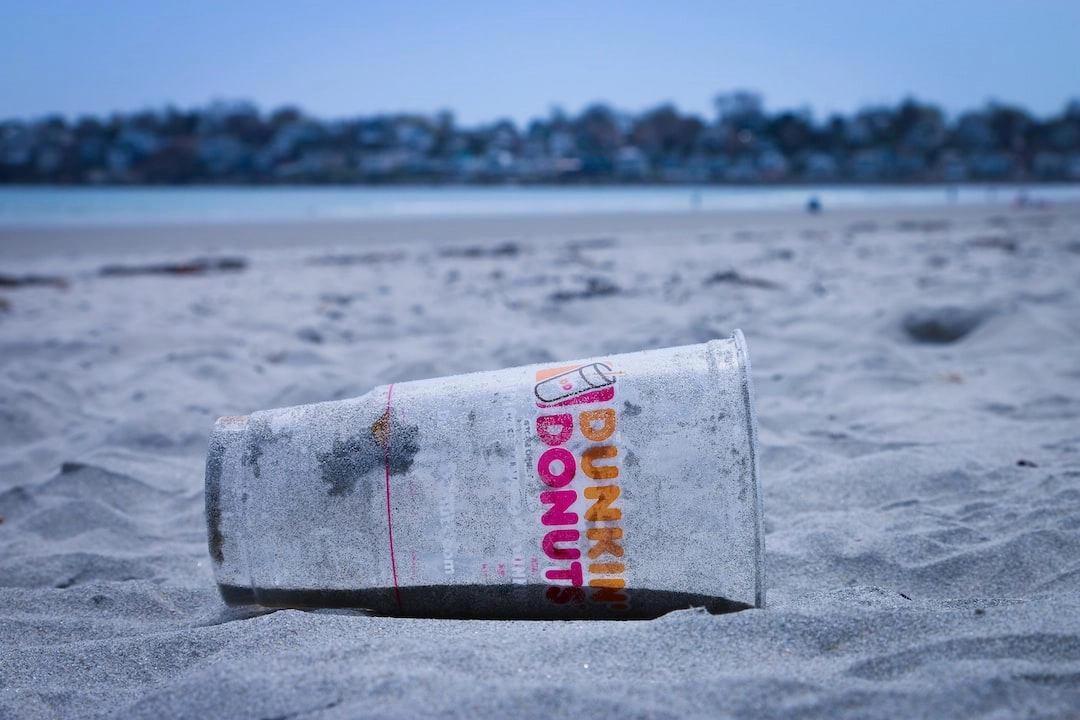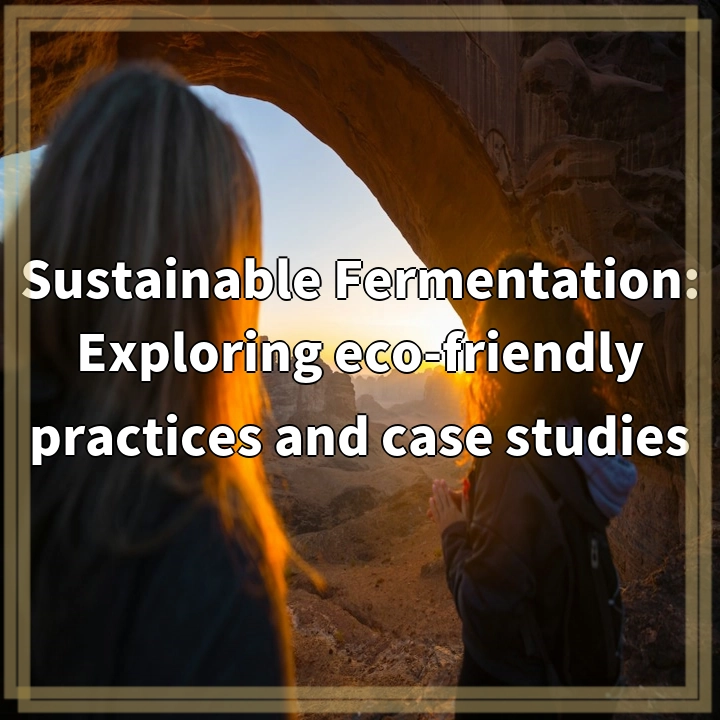
What is Marine Pollution?
Marine pollution refers to the contamination of oceans, seas, and other bodies of water by human activities. It involves the introduction of harmful substances and pollutants, both directly and indirectly, which have detrimental effects on marine ecosystems and the organisms that inhabit them.
Real-World Problems Associated with Marine Pollution
1. Destruction of Marine Ecosystems
Marine pollution poses a grave threat to the health and survival of various marine species and ecosystems. Toxic chemicals, oil spills, and plastic waste can harm and kill marine organisms, including fish, seabirds, and marine mammals. These pollutants can disrupt the delicate balance of marine ecosystems, leading to the decline in biodiversity and the loss of important habitats.
2. Negative Impact on Human Health
Marine pollution not only affects marine organisms but also impacts human health. Contamination of seafood with pollutants such as heavy metals, toxic chemicals, and harmful bacteria can cause serious health problems when consumed by humans. Additionally, exposure to polluted coastal waters during recreational activities can lead to skin infections, respiratory issues, and other illnesses.
3. Economic Consequences
The pollution of marine environments has significant economic consequences. The decline in fish stocks due to pollution affects the livelihoods of millions of people who depend on fishing as their primary source of income. Furthermore, polluted beaches and coastlines can harm tourism industries, leading to financial losses for local communities and economies.
4. Plastic Pollution and Microplastics
Plastic pollution is one of the most pressing issues in marine pollution. Plastics, particularly single-use items like bottles, bags, and straws, end up in the oceans and break down into microplastics, which are tiny particles that can be consumed by marine life. This not only harms marine organisms but also allows toxic substances to enter the food chain, potentially impacting human health.
5. Disruption of Marine Food Chains
Marine pollution can disrupt the delicate balance of food chains and webs in marine ecosystems. Certain pollutants, such as fertilizers and untreated sewage, can cause excessive nutrient enrichment, leading to harmful algal blooms. These blooms deplete oxygen levels in the water and can result in the mass death of marine organisms, upsetting the natural food chains and causing ecological imbalances.
Addressing marine pollution requires collective efforts, including stricter regulations, sustainable waste management practices, and increased public awareness. By understanding the real-world problems associated with marine pollution, we can work towards implementing effective solutions to protect our oceans and ensure their health and vitality for future generations.

Solutions to Marine Pollution
1. Strengthening Environmental Regulations
Tightening and enforcing environmental regulations is essential to reduce and prevent marine pollution. Governments and international bodies should implement stricter laws and standards to limit the discharge of pollutants into water bodies. This includes regulating industrial waste, agricultural runoff, and wastewater treatment, among others.
2. Promoting Sustainable Waste Management
Implementing sustainable waste management practices can significantly reduce marine pollution. This involves reducing the use of single-use plastics, promoting recycling and proper disposal of waste, and encouraging the development of eco-friendly packaging alternatives. Education campaigns can raise awareness among individuals, communities, and businesses about the importance of responsible waste management.
3. Investing in Clean Technologies
Investing in clean technologies can help mitigate marine pollution. Innovative solutions such as advanced wastewater treatment systems, oil spill prevention and response technologies, and alternative energy sources can minimize the release of pollutants into water bodies and reduce environmental harm.
4. Implementing Marine Protected Areas
Establishing marine protected areas (MPAs) can help safeguard vulnerable ecosystems and species from pollution and other threats. MPAs provide a safe haven for marine life to thrive and recover, allowing them to contribute to the resilience of the entire ecosystem. These protected areas can play a vital role in preserving biodiversity and restoring damaged marine habitats.
5. Educating and Engaging the Public
Increasing public awareness about marine pollution is crucial in driving individual and collective action. Education campaigns, community outreach programs, and public forums can inform people about the real-world problems associated with marine pollution and empower them to make environmentally conscious choices in their daily lives. Engaging with policymakers and advocating for stronger environmental policies is also essential.
By implementing these solutions, we can make a significant difference in reducing the devastating effects of marine pollution. It requires a collective effort involving governments, businesses, communities, and individuals to protect our oceans and ensure a sustainable future for marine ecosystems and the countless species that call them home.















